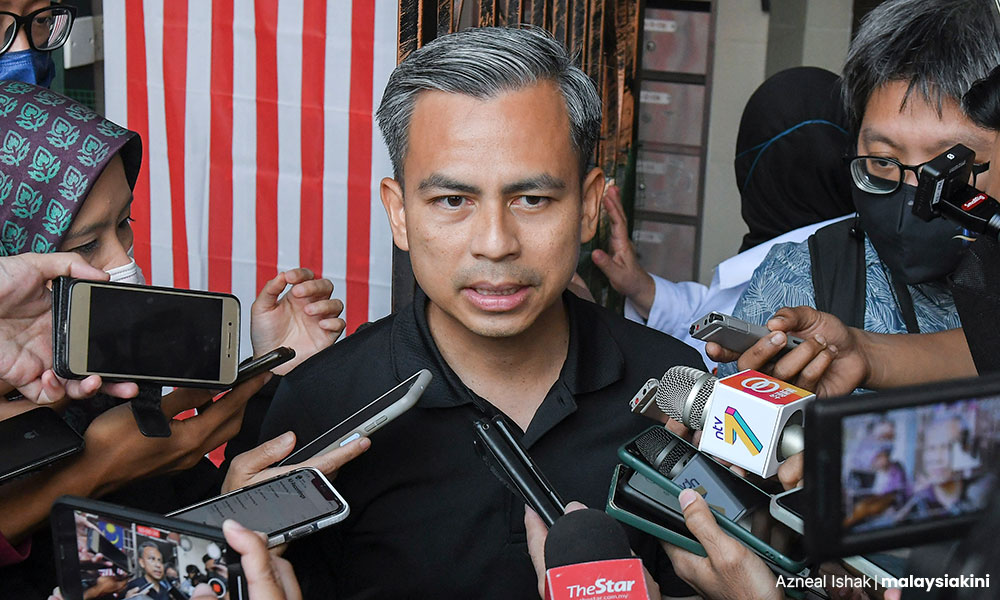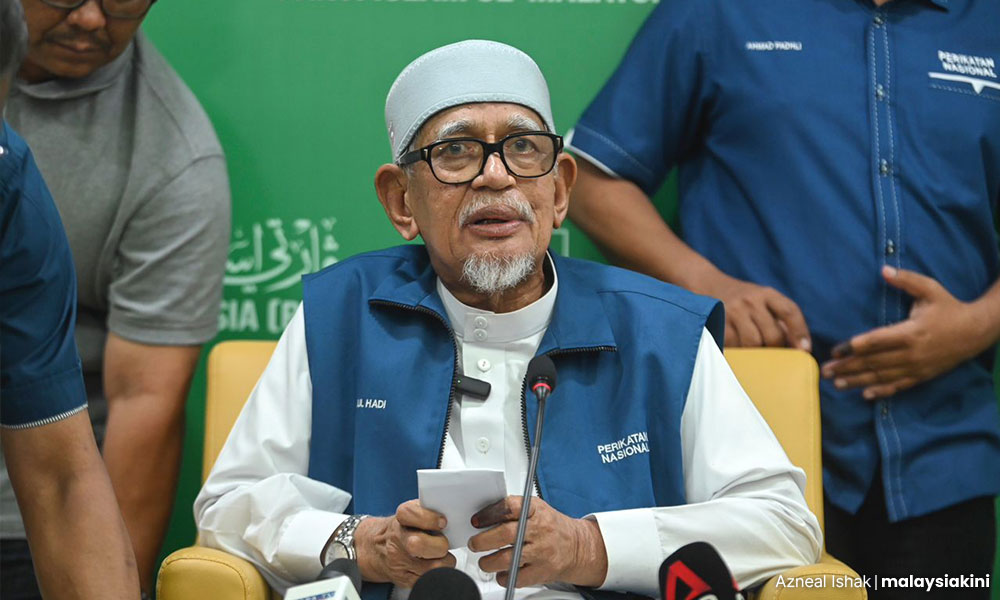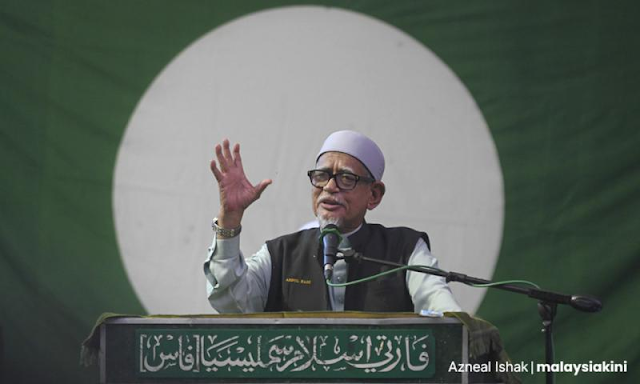Freedom of speech is in the news.
Contending coalitions, Pakatan Harapan and Perikatan Nasional (PN), are jousting over what is permissible and what is not under a concept which Harapan at least has pledged to defend in its manifesto.
Of course, it is easier to talk about principles than to live up to them.
PKR communications chief Fahmi Fadzil is being asked to live the talk about defending freedom of speech found in Harapan’s GE15 manifesto.
Fahmi is accused of going against the spirit of that talk and that pledge to defend freedom of speech by his calling for police action against the PN candidate in the Padang Serai by-election on Dec 7.
Azman Nasrudin had denounced the Harapan-BN federal government as an “adulterous” (kerajaan zina) one in a campaign pronouncement which drew the ire of Harapan.
Azman would later soften the impact of his statement by admitting he may have gone overboard.
But that attempt at damage control came a little too late as Fahmi had already called for police action against Azman.
It is not that the police have sprung into action against Azman, but when Fahmi expatiated on his call for police action, he adverted to the blessings the Harapan-BN unity government had supposedly obtained from the Rulers’ Conference.
Fahmi’s reference to the royal institution imbued his call for police action with a frisson that hoisted it out of a ‘no blast area’ into a volatile zone.

It was no surprise then that a PN official, Dr Afif Bahardin, responded by calling out Fahmi for hypocrisy, saying that there were no transgressive elements in Azman’s description which Afif held as falling within the ambit of freedom of speech.
This burgeoning controversy over what freedom of speech allows and what it doesn’t occurs simultaneously with Prime Minister Anwar Ibrahim’s threat of legal action against a PN member of parliament.
Hassan Saad, PAS MP for Baling, is alleged to have claimed that there was an “Israeli link” to Anwar’s appointment as prime minister.
A video of a woman who says that Hassan told her of this “Israeli link” has gone viral.
Anwar’s lawyers have demanded from Hassan the whole range of restitutions afforded by libel law – retraction, apology and damages.
Meanwhile, Hassan denied any knowledge of the video.
‘Heresy, yes, Insurrection, no’
The cases of Fahmi’s call for police action against Azman and Anwar’s resort to legal action against Hassan have drawn attention to the issue of what is allowed by freedom of speech and what is not.
Police reports are being contemplated against PAS president Abdul Hadi Awang for calling DAP “Islamophobic” in one of his more recent public pronouncements.
The issue of freedom of speech is one of those instances in the progress of human thought and institutions where clarity is better achieved through knowing what is not allowed than what is allowed.
For example, you cannot cry “Fire” in a crowded theatre even if you are motivated to call attention to the inadequate state of its fire-preventing arrangements.
The progress of the freedom of speech concept is understood to protect heretical opinions, but not insurrectionary ones.
The distinction between the two sets of opinions is that a heretical opinion may be the direct opposite of what is merely taken to be the customary or popular one; whereas an insurrectionary opinion would be to say someone or some entity is anti-something that is regarded by the vast majority of the people as sacrosanct.

One would think the application of the ‘Heresy, yes, Insurrection, no’ distinguishing yardstick would judge Azman’s remark that the Harapan-BN government is adulterous as permissible; while Hadi Awang’s description of DAP as Islamophobic could be assessed as insurrectionary.
The one has merely the potential to rile people to high dudgeon, at the most; whereas the other has the potential to rouse people to hatred.
It is a fraught distinction but it must be drawn for the advancement of democratic societies. - Mkini
TERENCE NETTO is a journalist with half a century’s experience.
The views expressed here are those of the author/contributor and do not necessarily represent the views of MMKtT.

No comments:
Post a Comment
Note: Only a member of this blog may post a comment.